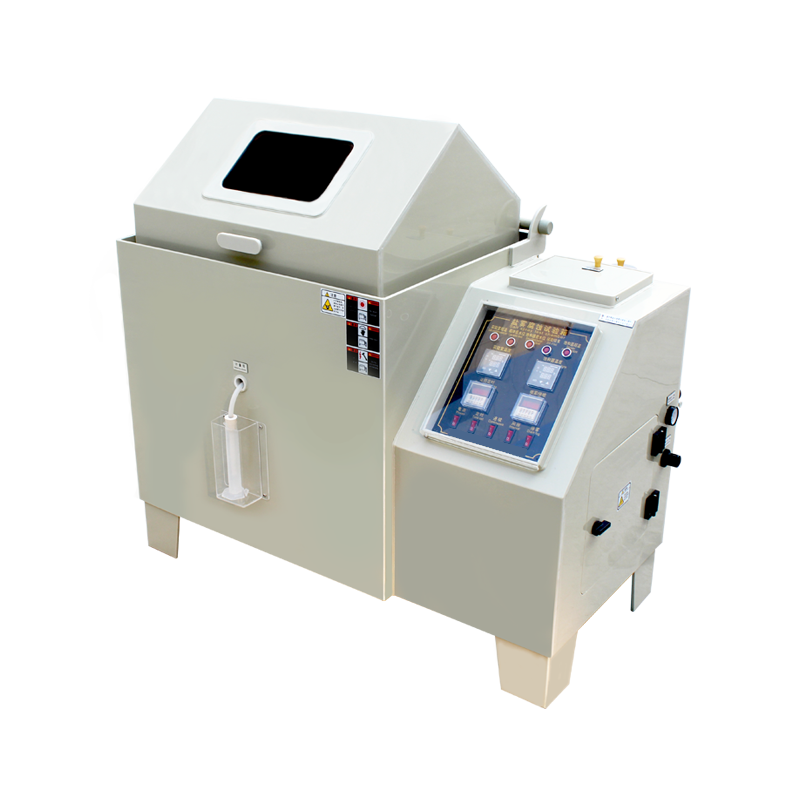A salt spray corrosion test chamber is a crucial device for evaluating the corrosion resistance of materials and products, particularly in humid and saline environments. By simulating corrosive conditions found in marine climates or industrial settings, salt spray testing helps manufacturers assess the quality and reliability of their products.
Key Functions of a Salt Spray Corrosion Test Chamber:
- Quality Control: Regular salt spray testing ensures that products meet expected quality standards before leaving the factory, reducing post-sale issues caused by corrosion.
- Material Evaluation: Testing the corrosion resistance of different materials and coatings helps engineers select the most suitable options, enhancing overall product performance.
- Compliance with Standards: Many industries (such as automotive, aerospace, and electronics) have specific corrosion resistance standards. Salt spray testing helps companies ensure their products meet these requirements.
- R&D Support: During new product development, salt spray testing provides valuable feedback on materials and design, improving product durability.

Factors to Consider When Choosing a Salt Spray Corrosion Test Chamber:
- Temperature and Humidity Control Accuracy: Ensures precise environmental conditions during testing.
- Test Cycle and Duration: Select an appropriate test length based on product requirements.
- Ease of Operation: The design should facilitate user-friendly operation and maintenance.
- Data Analysis Capabilities: Advanced data logging and analysis features help in evaluating test results efficiently.
By utilizing a salt spray corrosion test chamber, companies can not only elevate their product quality standards but also enhance market competitiveness while reducing costs and risks.













